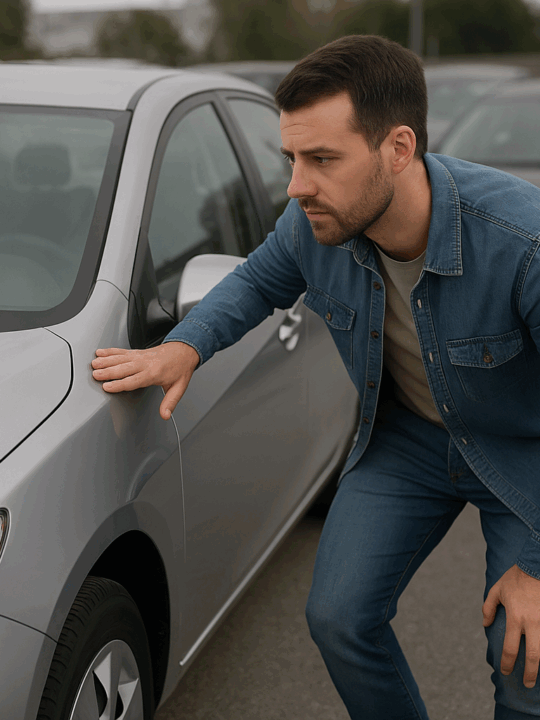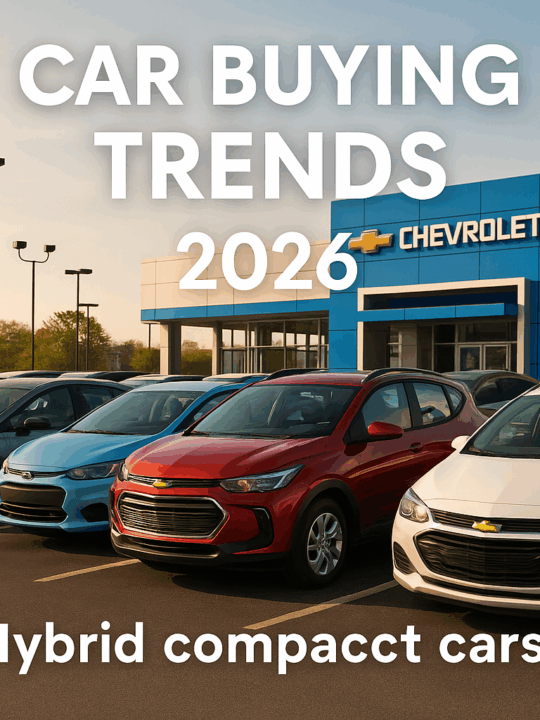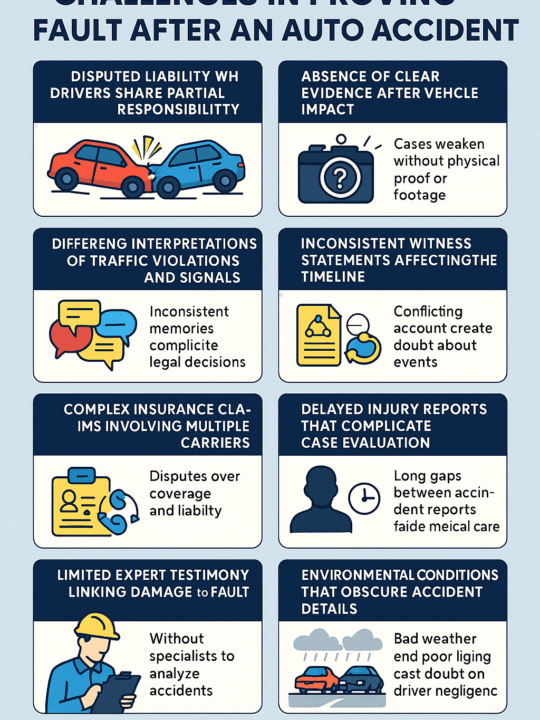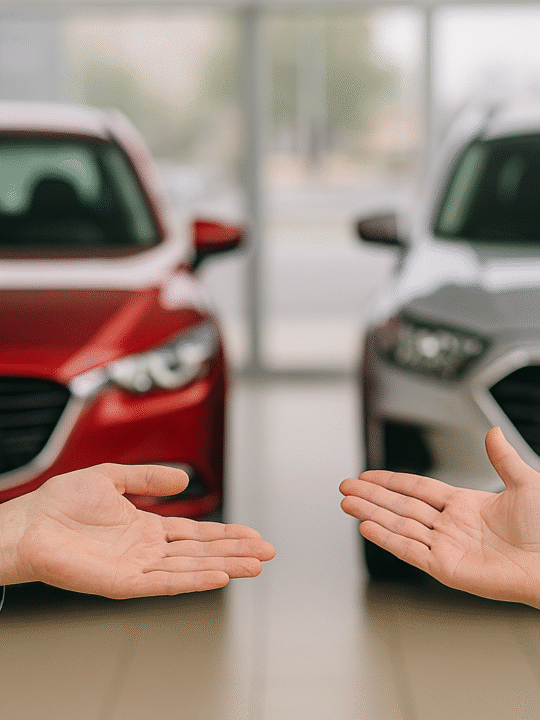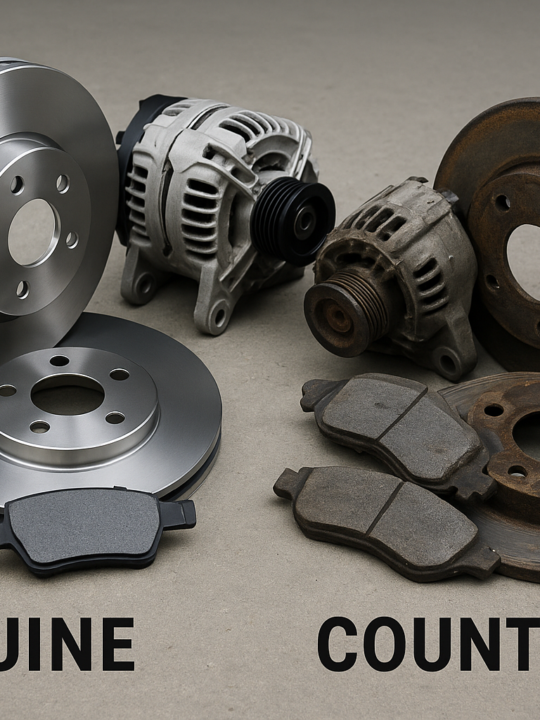
So you’ve finally decided that your car isn’t cutting it any more and you want to buy a new one. You’re looking at a number of options, but you’re just not quite sure where to start. Should you buy used or new? Should you drop the whole amount at once or pay in instalments? The car market can feel like a minefield, and it doesn’t help that there are plenty of unscrupulous merchants out there aiming to make a quick buck from you.
When you’re looking at buying a new car, it’s helpful to have a step-by-step process in mind so that you can compartmentalise and tackle each problem as it comes. With that in mind, we’ve assembled our very own step-by-step guide to buying a new car. Bear in mind that when we say “new”, we don’t mean brand new; instead, we just mean “new for you”. We’re including used cars here. Let’s begin!
Pay as much upfront as possible
The more you pay upfront when you’re buying a new car, the better it’ll be for you in the long run. After all, it’s almost always better to have less money to pay over a long period of time than more, right? If you’re able to pay the entire amount at once, that’s perfect; it means the car is yours and nobody can disagree with that. If not, though, don’t despair – there are still plenty of ways to spread the cost. One way of raising money you could look into is logbook loans. These handy loans are secured against your vehicle and can be great ways to fund a new car if you need to. However you shore up the money, try and get as much initially as you can.
Do your research beforehand
The worst thing you can do as a customer is simply walk into a used car lot and admit to the salespeople that you don’t know anything about what you want. There are pretty specific tactics to being a used car salesperson, so don’t simply walk in and leave everything to them. Look into which car you want before you buy it. You don’t need to know a specific make or model; just know what you want and what you don’t want. That way, it’ll be much harder for salespeople to talk you into buying something you really don’t want or need. Use the Internet, chat to people you know, or just eyeball co-workers’ cars and ask them about their preferred vehicle.
Decide between used and new
In the vast majority of cases, a used car will more than suffice for your needs. Used goods simply carry the badge of having been used before; they’re no different to new goods other than their status of being previously owned. If this is enough to swing the deal for you and you absolutely must buy new, then make sure you’re not being ripped off. The rate of depreciation can be as high as 20% per year in used cars. This means that if a car is bought for £10,000, within one year it’ll be worth £8,000. Think about that. A car only needs to be a single year old and you can buy it at a 20% discount. That’s why you should consider used.
Pick the right dealer
It helps tremendously to do extensive research before you decide which dealer you want to go with. Some dealers have a better reputation than others. Don’t make the mistake of going with a dealership simply because it’s local to you. There’s every chance that your local dealership is full of rip-off merchants and poor salespeople while the dealership twenty miles over is much more reputable. If you make sure you’re buying your car from the right people, then you can be sure of good aftercare once you buy as well as good cover if something goes wrong. Your vehicle is far too important to trust to unscrupulous merchants.
Choose the right time
Believe it or not, there is a right and a wrong time to buy a new car. Dealers often use targets that revolve around quarterly assessments. Usually, that means dealers are going to be looking to close sales around each quarter of the year. Sometimes that’s done literally – March, June, September, and December. Sometimes it’s more based on financial quarters, with the financial year typically starting in April. This could go one of two ways for you. Dealers can be more willing to make deals at this time, but they could also be more desperate for sales. Buying at these times is a higher risk, but a potentially greater reward awaits you.
Haggle
Yes, you can haggle. If you’re a chronic introvert and you don’t have the social skills to haggle (believe us, we’ve been there), consider getting someone else to buy the car for you. Salespeople thrive on the idea of being able to read and manipulate your personality to get you to buy the car they want you to walk away with. Don’t let that happen. You’ve come for one thing and one thing only: to buy the car that’s right for you. There’s definitely an art to haggling, so don’t worry too much if you’re not great at it. Learn the skill and practice regularly and you’ll be a master haggler in no time at all.

